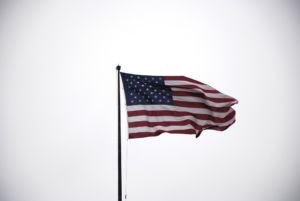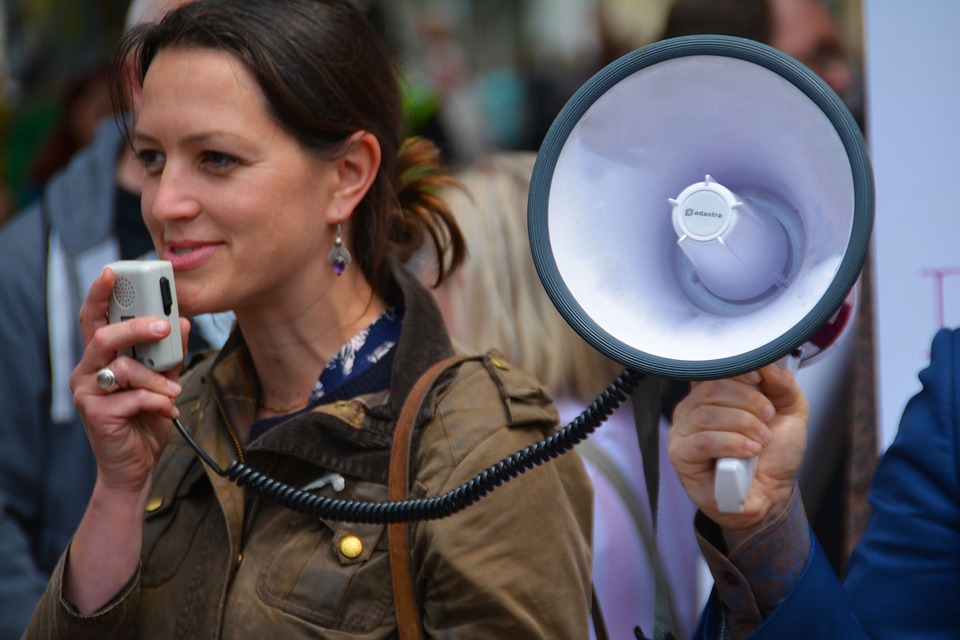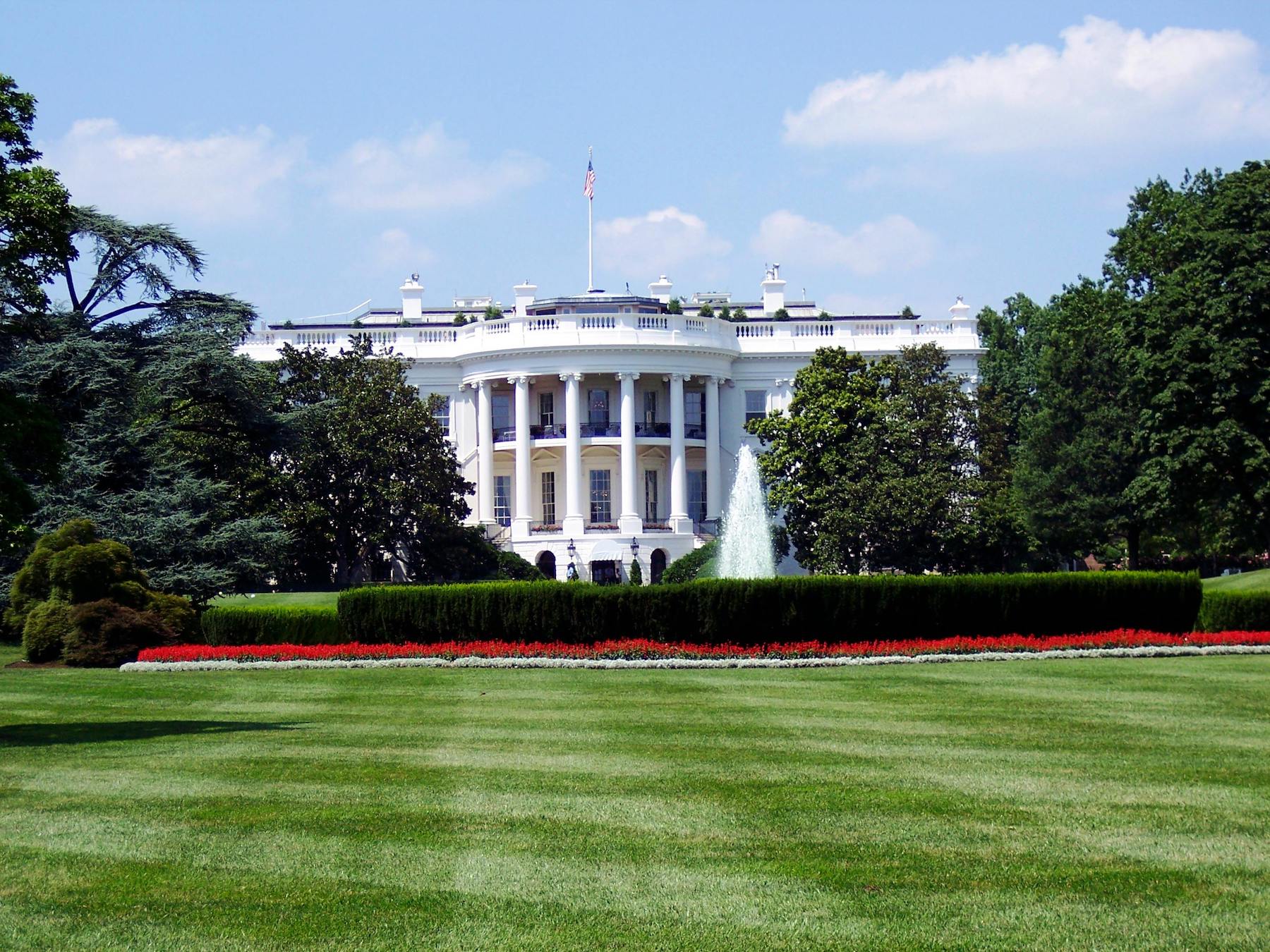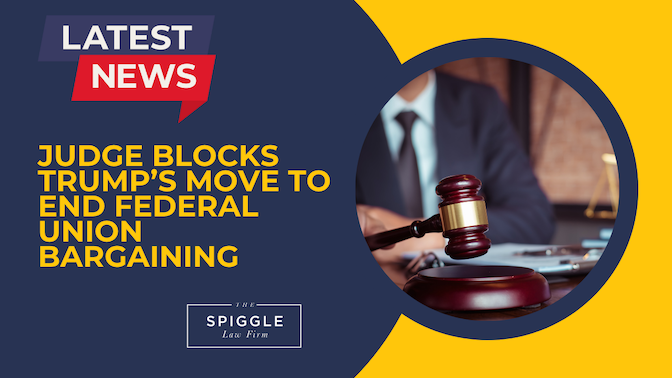 With rare exceptions, private employees can be fired for any reason, or no reason, as long as no local, state, or federal law is broken in the process. This could include firing a worker for his or her political activities outside of work.
With rare exceptions, private employees can be fired for any reason, or no reason, as long as no local, state, or federal law is broken in the process. This could include firing a worker for his or her political activities outside of work.
Most employers have enough sense not to needlessly fire an employee for something that isn’t job-related, but in the current tumultuous political environment, almost anything is possible.
First Amendment Protection
The First Amendment guarantee of protection of free speech applies only to government, not private, action. If you are a public or government employee, you have more legal protection than a private employee when it comes to speech and political activities. When public employees allege that their employment was terminated in violation of the First Amendment, federal courts consider two primary questions.
1. Does the employee’s speech involve a matter of public concern?
The First Amendment’s protection doesn’t cover statements of personal grievances or statements that don’t involve matters of public concern. The U.S. Supreme Court has defined a public concern as “something that is the subject of legitimate news interest” or an issue that is of value or concern to the public at the time of the statement. Courts will also look at whether the person speaking was doing so as an employee (not protected) or as a citizen voicing an opinion on a public issue (protected).
2. Does the employee’s interest in speaking outweigh the government’s interest, as an employer, in delivering efficient public services?
The issue to be examined here is whether the government, as the employer, has an interest that outweighs the interest of the employee in making the speech. To figure this out, courts will consider three things:
- whether the speech impedes the government’s ability to perform its duties efficiently;
- the manner, time, and place of the speech; and
- the context of the speech.
An employee might not be protected, even though he or she speaks out on a matter of public concern, if the statement is made in a way that encourages violence or disruption.
Title VII of the Civil Rights Act of 1964
This federal law covers employment discrimination against public or private employees on several bases, including sex, religion, color, and national origin. Title VII also makes it illegal to retaliate against an employee for engaging in protected activity, such as reasonable opposition to illegal conduct that violates equal employment opportunity law. Retaliation must consist of a materially adverse action, such as firing, demoting, reducing pay or hours, or moving an employee to an undesirable shift. Protected acts include calling public attention to alleged discrimination by society in general, for example by picketing and public displays. Such opposition shouldn’t be done in such a disruptive or excessive way as to be unreasonable.
If your political activity involves public demonstration against societal or government discrimination based on, say, nationality (such as Mexican) or religion (such as Islam), and your employer fires you as a result of that peaceful political action, you may have a retaliation claim under Title VII. Your state may also have a specific law that protects this activity. These state laws often mirror the protections of federal law.
If an employer doesn’t take action against one group of politically active employees (white men, for example) but does retaliate against another (minority employees and/or women), the employees who suffered an adverse action could file a lawsuit for discrimination based on their race (nonwhite) and/or sex (female).
National Labor Relations Act (NLRA)
 This federal law covers both unionized and non-union employees because private sector “[e]mployees shall have the right…to engage in…concerted activities for the purpose of…mutual aid or protection.” The Supreme Court has stated that this means employees can organize as a group outside of the employer-employee relationship to “improve their lot.”
This federal law covers both unionized and non-union employees because private sector “[e]mployees shall have the right…to engage in…concerted activities for the purpose of…mutual aid or protection.” The Supreme Court has stated that this means employees can organize as a group outside of the employer-employee relationship to “improve their lot.”
An employee’s political activity, such as protesting or demonstrating, could be protected by the NLRA if it relates to labor or working conditions. As long as the employee’s politically motivated actions aren’t illegal, an employer is generally barred from retaliating against an employee who participates in these political activities outside the workplace. Topics of covered activity could concern sick leave, minimum wage, or immigration reform.
A workplace rule, policy, or practice that is meant to discourage employees from exercising their NLRA rights to advance their “mutual aid or protection” would also violate the law. The National Labor Relations Board, which enforces the NLRA, takes the position that just having such a rule on the books, even if it’s not actually enforced, is illegal because it could have a chilling effect on employees’ exercise of their rights.
In the Workplace
As long as it doesn’t violate any of the above, an employer could have a policy of prohibiting political activity in the workplace during work hours. If an issue is important enough to you to break such a policy, that is your decision, but generally employers are given wide latitude to manage their operations.
Ironically, under the Supreme Court’s decision in Citizens United, a private employer is free to lobby its employees to vote for one candidate or cause or another and can even compel an employee to attend and participate in a political gathering or rally, as long as it’s during work hours and the employee is getting paid. An employer can’t compel employees to financially support a political cause.
Summing It Up
Generally speaking, you could be fired for your political activity outside of work, unless you fall within a specific exception to this rule.
- Public employees have First Amendment free speech rights outside of the workplace.
- Public protests against discrimination are protected.
- Public demonstrations concerning labor and working conditions are protected.
- A policy or practice of punishing these public demonstrations may violate federal labor law.
- Although an employer can ask employees to avoid political discussions during work, the employer is free to share its own political views with employees and may require them to participate in political activities on paid company time.
If you believe you have suffered at work because of your political activities, contact our office. We can talk about your situation, advise you as to what laws may apply, and help you decide what you can do to protect your rights and interests.





